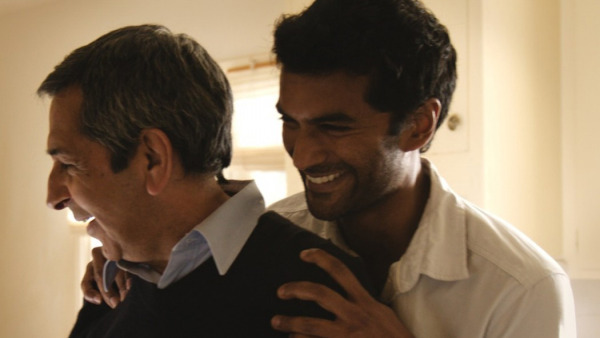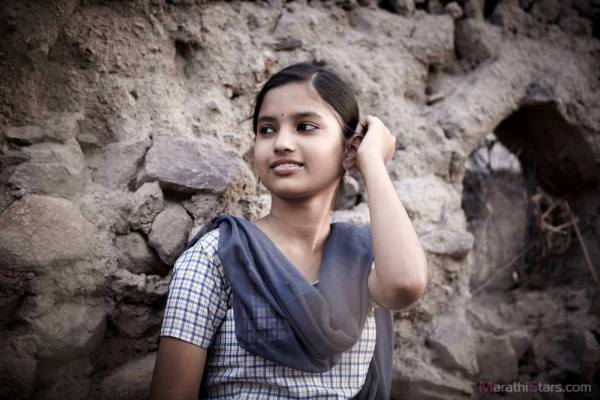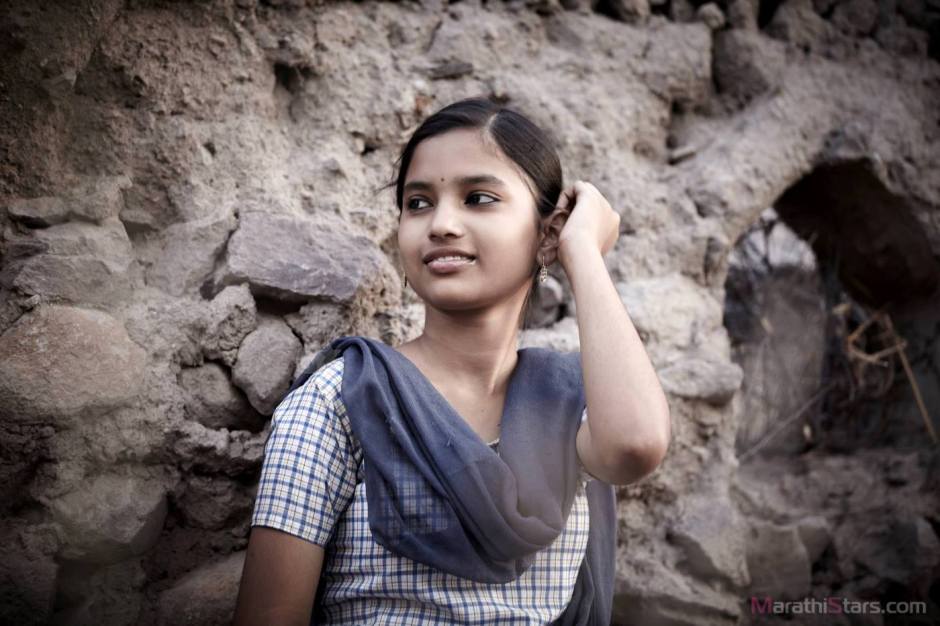The 18th annual Reel Asian International Film Festival in Toronto runs from Nov. 6-16. Movies ranging from China and India to Japan and the United States will be screened.
Judging by two films I previewed, Brahmin Bulls (Nov. 16) and Fandry (Nov.11), this should be a fine showcase for Asian cinema.
Brahmin Bulls, directed by Mahesh Pailoor, is a father-and-son movie set in California. Sid Sharma (Sendhill Ramamur), a thirty-something architect, comes home one evening to find his father, Ashok (Roshan Seth), waiting at his front door. Sid’s surprised, since they haven’t seen in each in years and have grown apart.

Mostly sullen and withdrawn, Sid is going through troubling times. His wife has left him and he lives alone in a cottage in a Mexican neighborhood of Los Angeles. He’s become so bitter that he leaves his wife’s cat on the side of a highway.
Ashok, an academic, has been a widower for a long time. His assertive colleague (Michael Lerner) thinks he should be dating. Emboldened by his suggestion, Ashok looks up an old flame and ex-student, Helen West (Mary Steenburgen). She’ll be at a conference in Los Angeles he plans to attend as well.
Shortly after meeting her, Ashok asks, “Are you happy?”
“I guess so,” she says hesitantly after disclosing she’s married.
She and Ashok go for a walk on a beach, reminiscing about the past. Meanwhile, Sid has been demoted. He takes out his anger at his father, who had an affair with Helen while his late wife was ailing. Sid hasn’t forgiven his dad for this transgression. Ashok tries to explain his wayward behavior, but to no avail. Sid’s resentment grows deeper, fuelled by his suspicion that Ashok is solely in Los Angeles to reconnect with Helen rather than to see him.
The film, which is spare and supple, succeeds in delineating the tension between Sid and Ashok and in recreating the spirit of the old romance Ashok and Helen once enjoyed.
Brahmin Bulls is propelled along by a decent script and blessed with a fine cast.
Fandry, directed by Nagraj Manjule, is a Marathi-language film set in a village in India. Focusing on a lower-caste family barely able to make ends meet, it transports a viewer to a place and a society few Westerners will ever know, much less understand.

An “untouchable” teenage boy has a crush on an upper-caste girl. Not discouraged by her apparent indifference, he writes her a love letter. In the meantime, his father thwarts his quest for an education. He needs his son to assist him at the few menial jobs he manages to land. More often than not, he’s asked to catch and kill the wild boars that torment the villagers.
In a few deft scenes, Manjule portrays the timeless rhythms and customs of a traditional Indian village, where humble residents defer to arrogant overlords and where girls are bought and sold as brides without their consent.
Fandry unfolds slowly and poetically against the backdrop of poverty, caste discrimination, adolescent longing, parched landscapes and vivid festivals, summoning up a vision of an exotic world that most of us will never visit.

